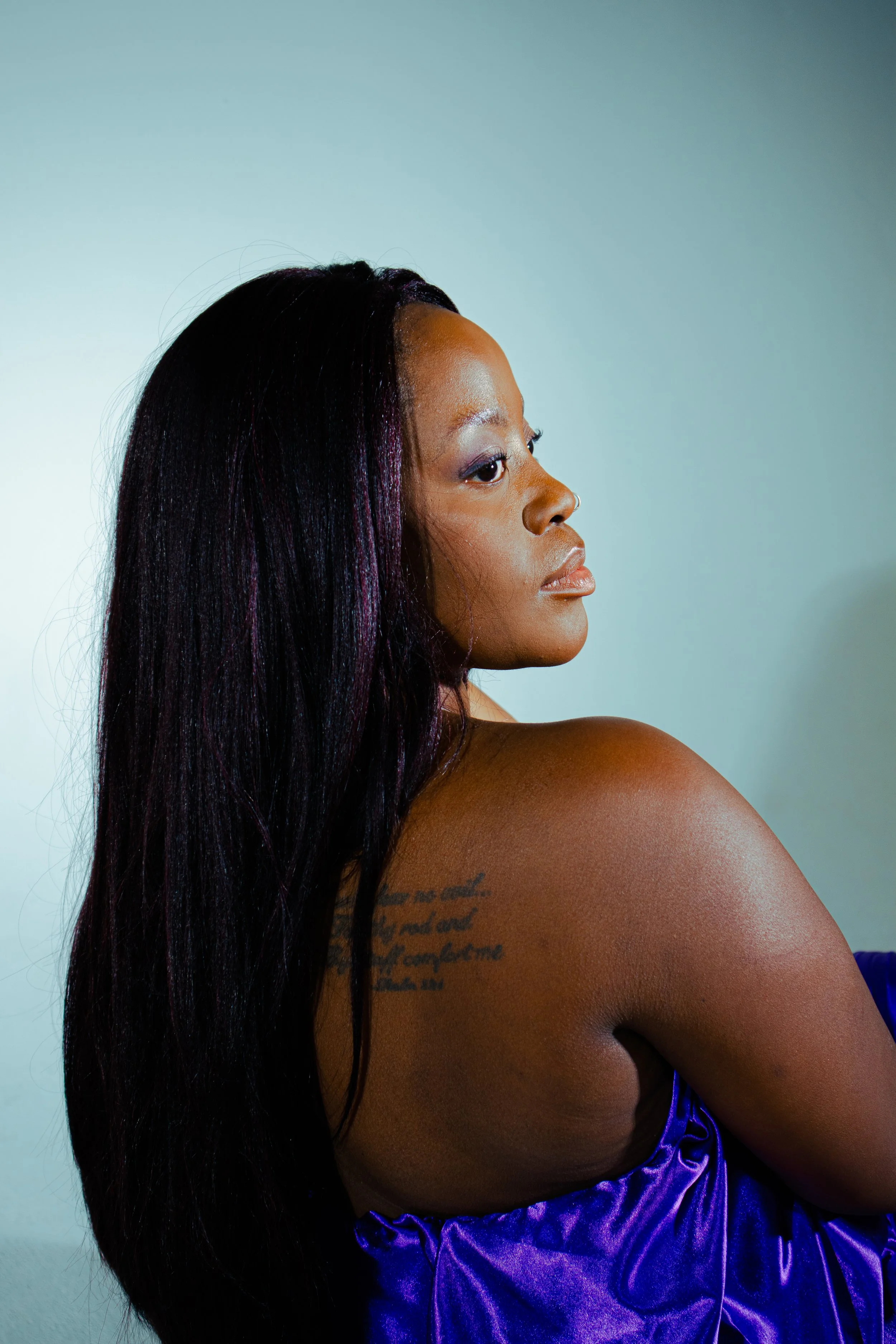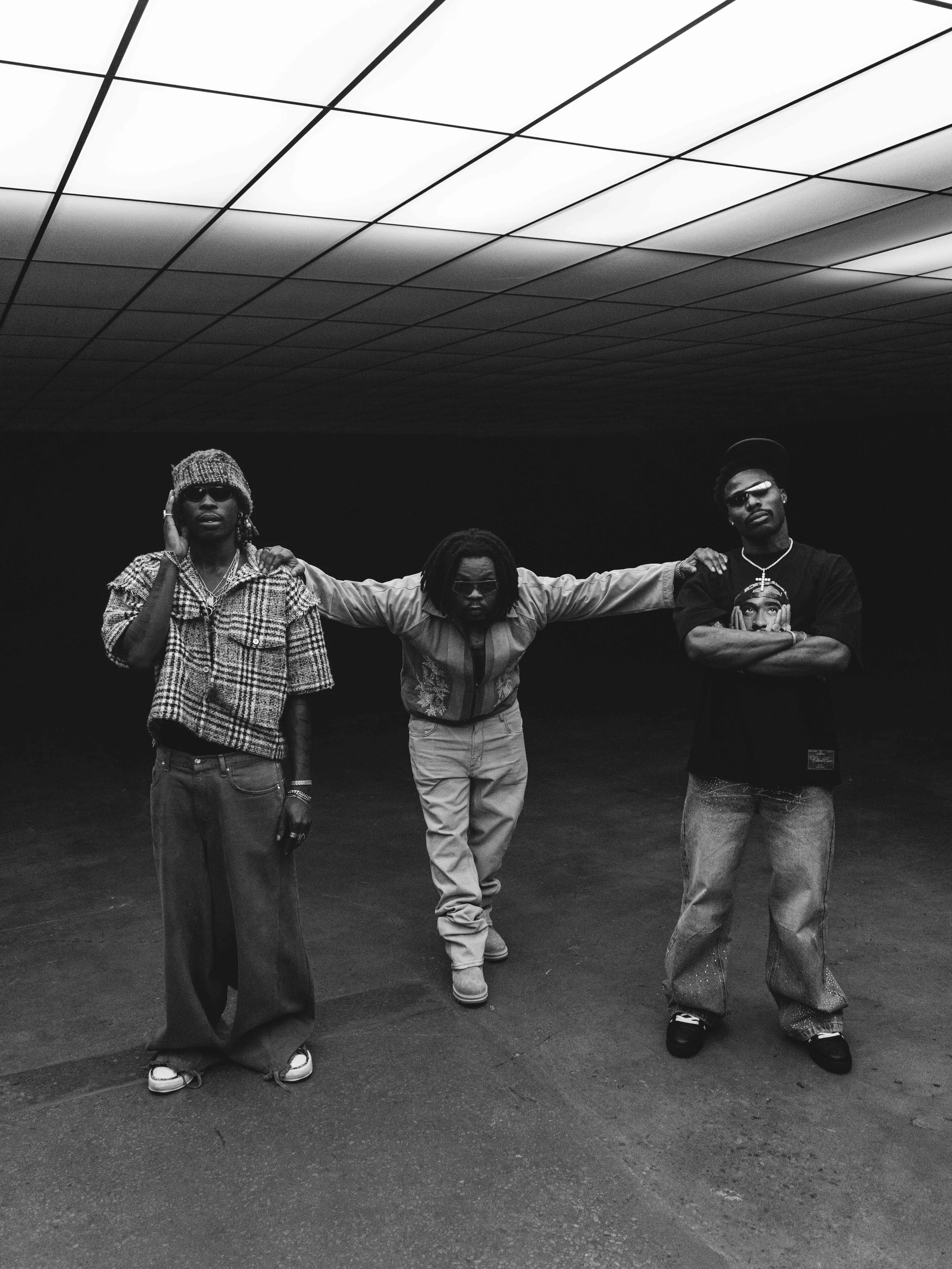Terrence Howard Alleges Sean 'Diddy' Combs Made a Sexual Advance Toward Him
Actor Terrence Howard has thrown a new spotlight on Sean “Diddy” Combs, asserting in a recent interview that the embattled music mogul made unwanted advances toward him—accusations which have surfaced amid ongoing sex trafficking charges and multiple sexual assault lawsuits against Combs. Although the entertainment business is no stranger to controversies, Howard’s claims underscore the boundary tests that, according to the star, remain rampant in Hollywood.
A Surprise Revelation
Speaking with Patrick Bet-David on the PBD Podcast, Howard recounted how Combs persistently invited him over under the premise of receiving acting lessons. However, once he arrived, Combs—whom Howard describes as simply “sitting and looking”—reportedly showed little interest in actual coaching. “He’s just looking at me,” Howard remarked, recalling a moment he interpreted as a thinly veiled attempt to proposition him. An assistant then allegedly cautioned Howard about Combs’ possible intentions, prompting the Hustle & Flow star to sever communication.
Howard suggested this was not an isolated incident. Instead, he hinted that similar dynamics played out with other industry figures, some of whom he claims to have “threatened to punch” or “knock their head off” to establish personal boundaries. The 56-year-old actor positions these experiences as part of a broader pattern of coercive behavior in show business—one that purportedly demands sexual favors or personal compromises in return for professional advancement.
“I Don’t Compromise”
Howard’s anecdotes reveal a man fiercely protective of his self-identified “man card.” Throughout the conversation, he returned to the notion that refusing to bend to certain demands—be it playing gay roles or acquiescing to inappropriate overtures—has come at a cost to his career. “I don’t compromise,” he said emphatically, insisting that he would sooner lose business deals than stray from what he sees as core principles regarding manhood and masculinity.
This stance has garnered both criticism and praise. Supporters interpret Howard’s position as a refusal to be manipulated, citing his willingness to walk away from lucrative ventures rather than surrender his personal convictions. Detractors, however, might view his remarks on refusing “gay roles” as problematic, noting that not every depiction of same-sex relationships involves undermining masculinity. His position, in their eyes, risks perpetuating outdated stereotypes that equate certain performances with moral transgressions.
The Context of Diddy’s Legal Troubles
Combs’ legal predicament places Howard’s claims against a deeply charged backdrop. The rapper, record producer, and entrepreneur stands accused of sex trafficking and a litany of sexual assaults, allegedly targeting both men and women. Reports from accusers suggest that Combs leveraged his industry power, promising or threatening to withhold career opportunities to pressure them into compromising situations. He awaits trial in New York, facing allegations that many view as emblematic of a cultural moment reckoning with longstanding patterns of exploitation.
Howard’s recollection situates him among those now speaking candidly about Combs, though his account is unique in describing direct sexual overtures toward a well-established male actor. If accurate, it further complicates the narrative around Combs, underscoring allegations that he wielded influence for personal gratification in multiple contexts.
Power Dynamics in the Spotlight
Howard’s claims invite renewed focus on the entertainment industry’s often-disquieting power imbalances. While such stories occasionally attract fleeting headlines, the persistence of these revelations, coupled with legal battles of the magnitude Combs now faces, hints at systemic issues that remain unresolved. Behind the glamour and public accolades are allegations of gatekeepers demanding more than mere talent.
This is not the first time a Hollywood star has discussed being solicited or pressured by influential industry figures. Historically, many have recounted deals or casting opportunities tainted by under-the-table bargains. Yet, in an era increasingly defined by accountability—amplified through social media and consumer awareness—celebrities’ willingness to share their experiences may signal a growing unwillingness to accept such clandestine norms.
A Broader Conversation
Whether Howard’s statements will have significant legal ramifications for Combs remains to be seen. At minimum, they contribute to a narrative of alleged exploitation and hypocrisy in an industry that often touts itself as progressive. Observers await further developments in Combs’ trial and any subsequent fallout from these accusations. If the actor’s testimony encourages other presumed victims to come forward, it may reshape public discourse around the musician’s legacy.
For now, Howard’s stance—refusing to yield for promises of fame or fortune—stands as a pointed critique of how men, too, can be entangled in a system that prioritizes personal favors over genuine artistry. In a field so often driven by perception and power, his bold remarks spark a renewed conversation about ethics, accountability, and the lengths professionals may be asked to go in pursuit of success.





























The single “Skipping Stones” by American singer-songwriter SOZI conjures a folk-infused reverie that glides between wistful reflection and buoyant optimism. The track, featured in Episode 9…